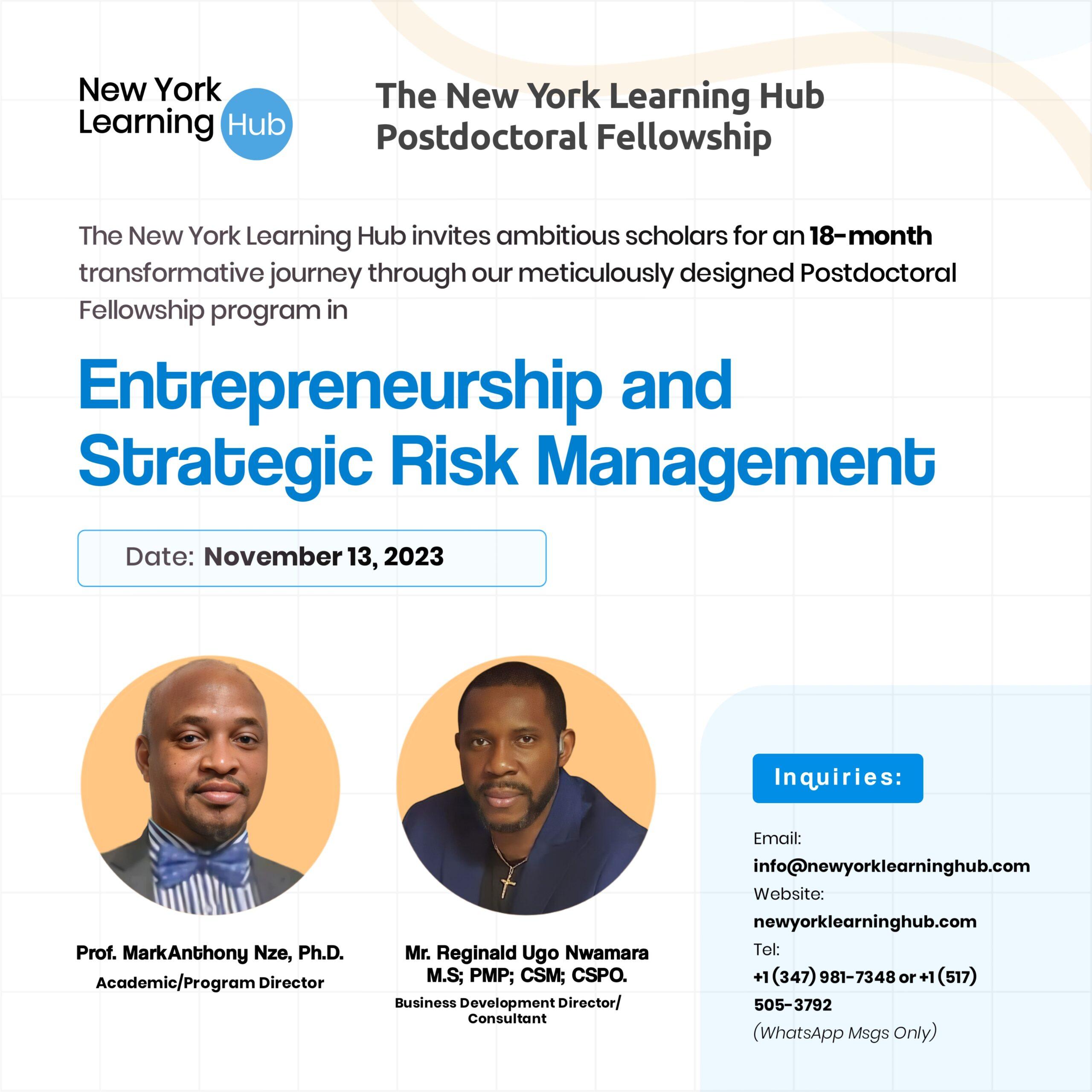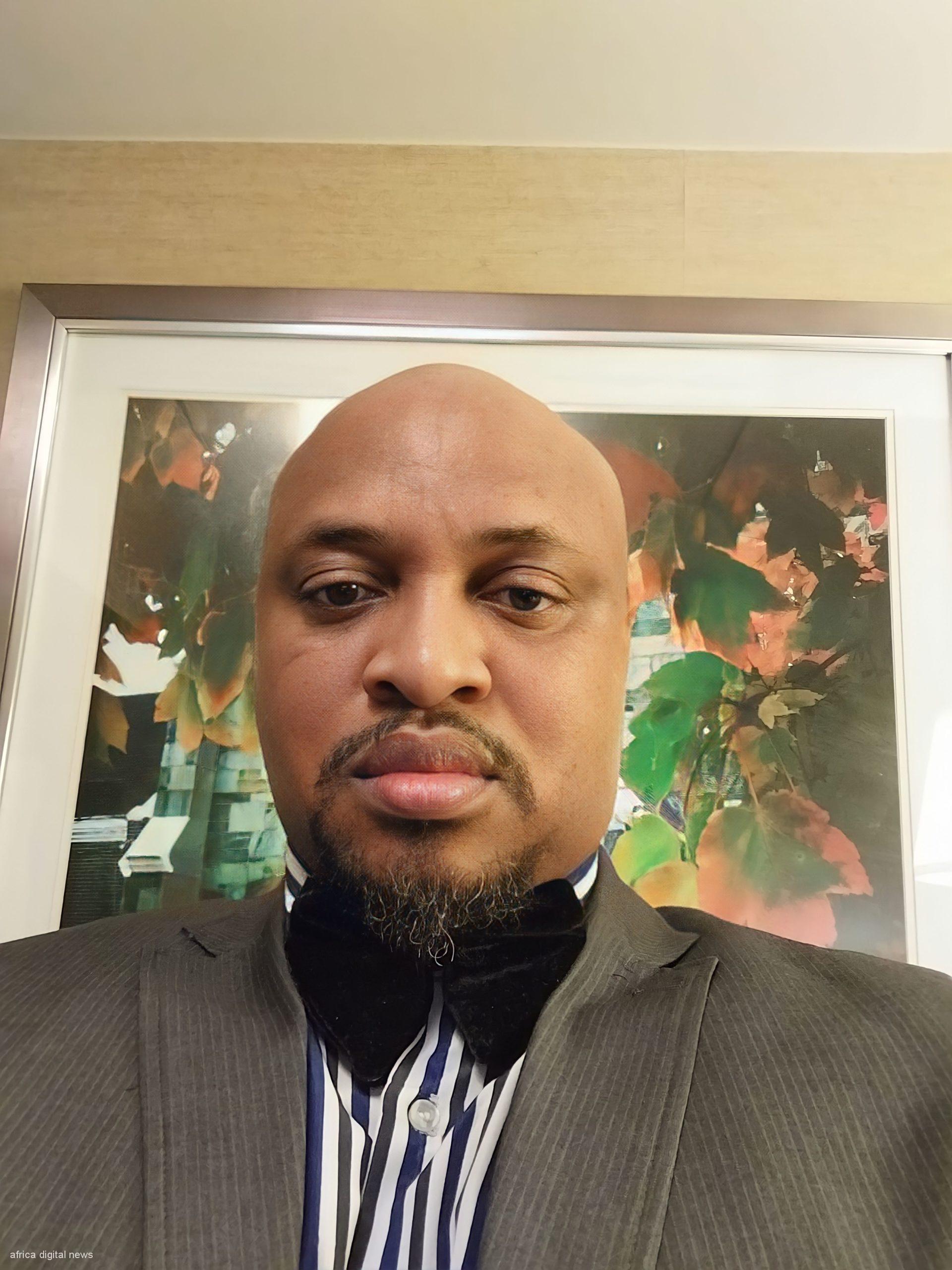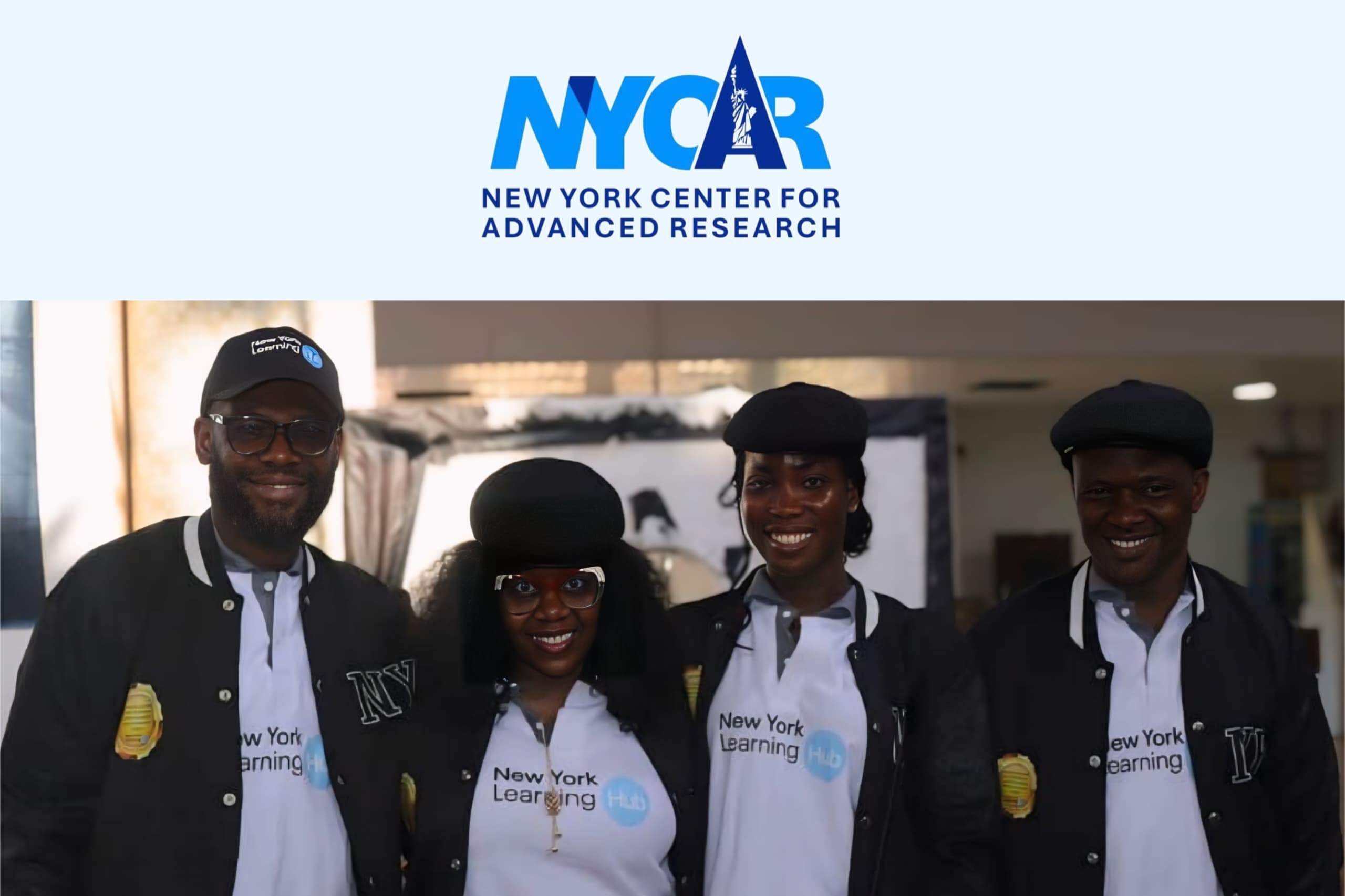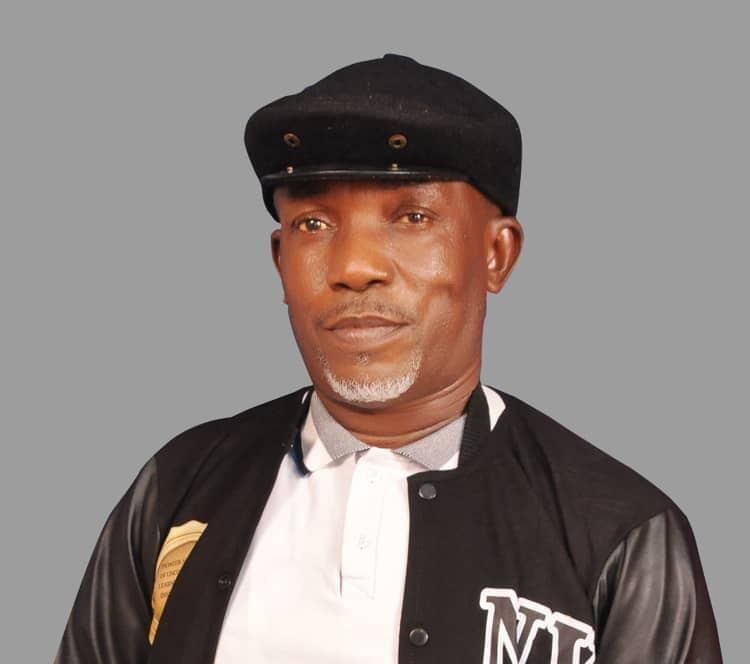
Prof. Nze On Investigative Journalism And Social Change
At the prestigious New York Learning Hub, Prof. MarkAnthony Nze unveiled a compelling research study that highlights the vital role of investigative journalism in fostering accountability, transparency, and social reform. Presented before a distinguished audience, the research examines how investigative journalism serves as a powerful instrument for holding institutions accountable, promoting public trust, and driving meaningful policy changes.
Combining quantitative regression analysis with rich qualitative insights, Prof. Nze’s study delves deep into the mechanics of investigative journalism. Drawing from 170 participants—including investigative journalists, editors, policymakers, and media consumers—the research reveals how the depth and breadth of investigations, public engagement, and follow-up actions interact to produce tangible societal outcomes. Quantitative findings demonstrate that these elements collectively account for 76% of the variance in societal impact, with comprehensive investigative efforts (θ₁ = 0.68) and public engagement (θ₂ = 0.54) emerging as the most influential factors.
Case studies of prominent media organizations such as The Guardian, ProPublica, and The Premium Times provide vivid examples of investigative journalism’s effectiveness. These organizations have exposed corruption, prompted legal reforms, and restored public trust through meticulously crafted investigative stories. For instance, The Premium Times in Nigeria uncovered political misconduct that led to resignations and heightened civic engagement, while ProPublica’s healthcare investigations resulted in billions of dollars in penalties and significant regulatory reforms.
The research also highlights the evolving tools and strategies that amplify investigative journalism’s reach and impact. Digital platforms have emerged as critical enablers, allowing stories to transcend geographic boundaries and engage broader audiences. Prof. Nze emphasizes the importance of authenticity and adaptability, particularly in culturally diverse contexts, to ensure investigative journalism resonates with its intended audience.
While celebrating its successes, the research does not shy away from acknowledging the challenges faced by investigative journalists. From resource constraints to political interference, these obstacles underscore the need for greater investment in journalistic rigor, digital engagement, cross-sector collaboration, and sustainable funding mechanisms.
Prof. Nze’s research serves as both a rallying cry and a roadmap for journalists, media organizations, and policymakers seeking to maximize the impact of investigative journalism. By shining a light on systemic failures and galvanizing reform, investigative journalism remains an indispensable tool for social change, empowering citizens and strengthening democracy.
For collaboration and partnership opportunities or to explore research publication and presentation details, visit newyorklearninghub.com or contact them via WhatsApp at +1 (929) 342-8540. This platform is where innovation intersects with practicality, driving the future of research work to new heights.
Full publication is below with the author’s consent.
















